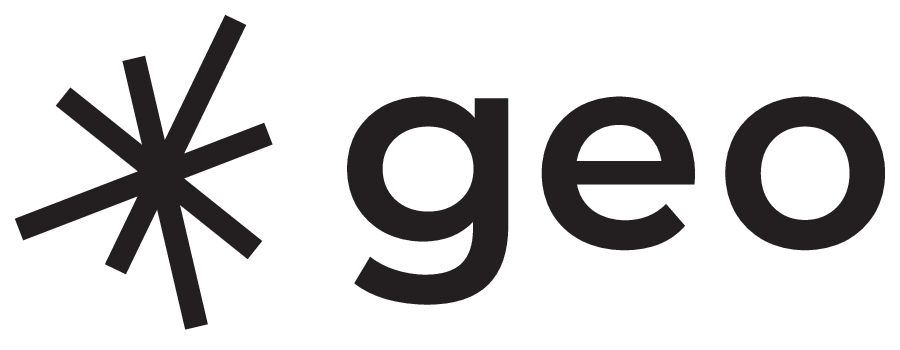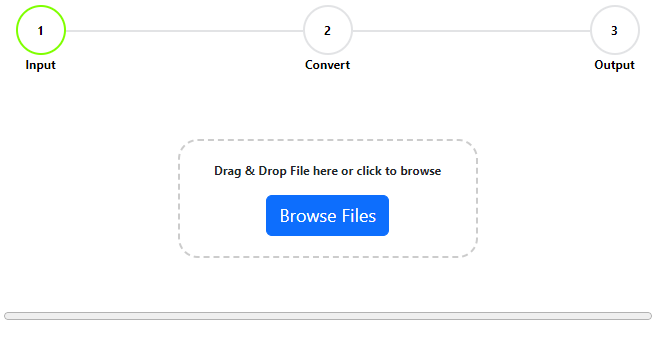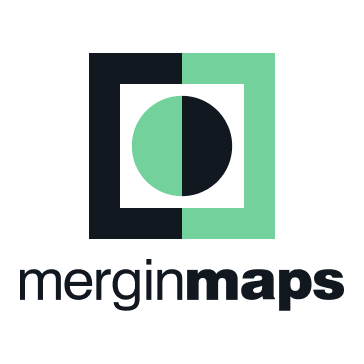Our guest today is Nathan Heazlewood, the Business Consulting Lead at Eagle Technologies, a GIS and IT company based in Auckland, New Zealand. Nathan has thrown his hat into many rings doing geospatial work, including 10 years with the British Ministry of Defense. Now, a major aspect of his current role is managing a large group of GIS consultants, and supplementing them through hiring. Via his work, he has gained a great deal of knowledge, and solid advice to share on the best approaches to getting a job in GIS.
Applying for GIS Jobs
It should go without saying, but the first step in getting a job in GIS is applying for it. In the modern day, you are going to find the listings for these openings online. Some popular locations to find job posts are going to be LinkedIn, Indeed, ZipRecruiter or the Careers section of various government websites. Once you find a set of jobs you are interested in, try to narrow it down a bit further based on your personal criteria and interest. Crafting a quality application for a job you really want takes time, so you do not want to spread yourself too thin.
When constructing your CV, it is important to keep your audience in mind.
Realistically, the first set of eyes will likely be a computer algorithm, scraping the submitted CVs for certain keywords.
The most relevant CVs will then be presented to the HR recruiter for the position.
For this reason, you will want to closely mirror the language in the original job description. If they are looking for a “GIS Analyst”, and you have “Geospatial Analyst” in your CV, you will want to go through and update it to match the terminology in the job description as much as possible.
It is now the recruiter’s turn to go through a similar process, looking for additional keywords and items that line up with the position’s description. While a human can be expected to catch some more varied language regarding your experience, this HR person likely does not have a GIS background.
HR is unlikely to realize that “experience working with Landsat and Sentinel imagery” is pertinent to the “raster processing experience” on their skills checklist.
The HR recruiter’s CV review will not be as in-depth as that which follows with the hiring manager, who will likely have more technical experience. Focus the first section of your CV on satisfying keyword algorithms, and HR recruiters. Focus the remainder of the CV on intriguing the hiring manager enough to request an interview.
An excellent piece of advice is to take the listed requirements in the job description, and use them as headings for your CV.
This allows you to make sure you address every point they are looking for, and it makes it easier for the recruiter and hiring manager to check the necessary boxes.
There is a ton of great advice to be given on writing the best CV possible, and you will find a lot of it in this article on LinkedIN.
Interviewing For The Role
Congratulations, you beat the machine, and the initial review, made it onto the shortlist, and have been invited for an interview. Phew!
You will likely go through several interviews during the hiring process. First will be an HR interview, likely followed by a technical interview, then a final interview. This formula will vary by organization, so prepare to be flexible.
Preparing for your interview will be daunting, but it helps to know what the hiring manager will be looking for so you know how to prepare.
Most essentially, learn everything you can about the company you are interviewing with. If you do not have much of a response to “What do you know about us?”, this is (understandably) going to reflect poorly on you. The added benefit of researching the company, is you can learn a bit more for yourself about if this is somewhere you would actually like to work.
Do some clever Googling– combine the company name with “GIS” or search them under the News tab to get an idea of their current projects. This will give you a better idea of which of your own skills and projects to highlight in the interview in order to demonstrate your potential value.
Before the interview, it is a good idea to review the original job advertisement to make sure that you hit the important talking points. Be prepared to discuss projects and responsibilities from former roles, and how they may tie into the role you are applying for. If you have experience that is tangentially related, for example, the company is looking for experience modeling flood risk with Esri products, and you have modeled fire risk in QGIS via a previous project, focus on the similarities in techniques, rather than the software used.
As a part of the interview, you may be expected to complete a competency test. The form this test takes will vary based on the role you are pursuing. If you are pursuing a technical role, you may be given a project scenario, such as identifying potential sites for a new port. You will then be expected to provide a workflow for how you would accomplish the project. What kind of datasets would you need? What geographic elements would be part of your analysis? etc. If you are interviewing for a development role, you may even complete a small coding project. Some interviewers may plan for more elaborate competency tests, in fact, you may not even realize you are being tested.
The best way to prepare for the interview is the same way to prepare for anything else- practice, practice, practice. If possible, find a peer in the field who is willing to administer a practice interview. They will be able to give you valuable feedback that you can use for the real deal. If you find you struggle with some questions, or remembering certain key things you would like to mention, jot them down in a notebook and bring them with you to the interview. The notebook will be helpful for recording answers to questions you have for your interviewers as well about the role, preventing you from forgetting things in the heat of the moment.
How To Negotiate For A GIS Job
Congratulations again! You nailed the interview, and there is an offer on the table. Not wanting to leave anything on that table, you’re wondering what wiggle room you have at this stage. Well, as always, it depends.
Salary of course is going to be the biggest thing on your mind, but, maybe it shouldn’t be. Salary can be a sore subject for a lot of employers, and it may not be worth the risk guessing how sore it may be. In general, it is wise to wait till there is an offer on the table to approach the subject. You can attempt to ask for more, but only do so once. Avoid pressing the issue, as you may find that the difference can be made up with benefits.
Benefits are a much broader category than many people realize. Quality health care, stock options, conferences, time off, and training, are all also things that can, and will, affect your quality of life. Some of these elements, like health care, and stock options, may be set in stone. Others though, such as conferences, and training opportunities, may be up for negotiation. Training is special in that it is a benefit for both you, and your new employer. Negotiating specific training that you are interested in up front will demonstrate your ambition, and help you build a proactive plan for moving forward, providing some peace of mind.
All this said, the application, interview, hiring, and negotiation processes will vary from organization to organization. Do your research and preparation beforehand so that you will be ready for whatever it has to throw at you. From everyone at Mapscaping- Good luck!





